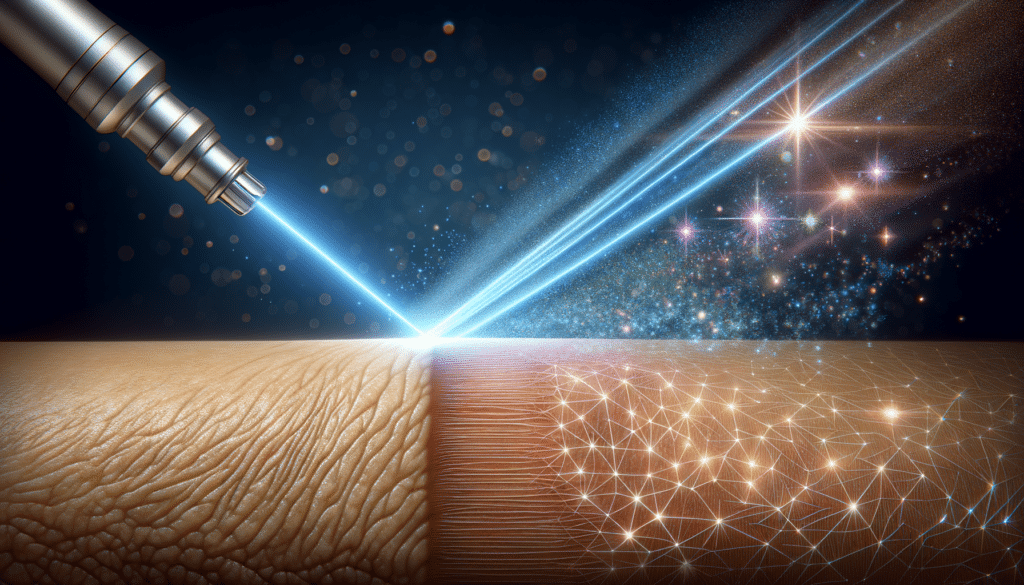Understanding Egg Donation: An Overview
Egg donation is a remarkable process that allows women to donate their eggs to help individuals or couples struggling with infertility. This generous act can be life-changing, providing the gift of parenthood to those who may not otherwise have the opportunity. The process involves retrieving eggs from a donor, which are then fertilized and implanted into the recipient’s uterus. Egg donation has gained significant attention and importance due to its ability to offer hope and create families, making it a subject worthy of exploration and understanding.
The Process of Egg Donation
The journey of egg donation begins with the selection of a suitable donor, who undergoes a series of medical and psychological screenings to ensure her health and suitability. Once selected, the donor undergoes hormonal treatments to stimulate her ovaries to produce multiple eggs. These eggs are then retrieved through a minor surgical procedure. The retrieved eggs are fertilized in a laboratory setting using sperm from the recipient’s partner or a donor. The resulting embryos are monitored for development before being transferred to the recipient’s uterus. This intricate process requires careful coordination and expertise, ensuring the best possible outcomes for all parties involved.
Emotional and Ethical Considerations
Egg donation is not just a medical procedure; it is also an emotional journey for both the donor and the recipient. Donors often experience a sense of fulfillment and altruism, knowing they are helping others achieve their dream of becoming parents. However, they may also face emotional challenges, such as attachment to the potential offspring or concerns about anonymity. Recipients, on the other hand, may struggle with feelings of inadequacy or anxiety about the genetic link to their child. Ethical considerations also play a significant role, with debates surrounding the commercialization of egg donation and the rights of donors and offspring. Navigating these emotional and ethical landscapes requires sensitivity and support for all involved.
Legal and Financial Aspects
Egg donation is governed by various legal frameworks, which differ from country to country. In some regions, egg donation is strictly regulated, while in others, it is less controlled. Legal considerations include the rights of the donor, recipient, and resulting child, as well as issues of anonymity and parental rights. Financially, egg donation can be costly, with expenses covering medical procedures, donor compensation, and legal fees. It’s important for all parties to have a clear understanding of the legal and financial implications before proceeding with egg donation to ensure a smooth and informed process.
The Impact of Egg Donation on Society
Egg donation has a profound impact on society, offering a solution to infertility and expanding the possibilities of family building. It challenges traditional notions of parenthood and genetics, promoting inclusivity and diversity in family structures. As more people turn to egg donation, it fosters a greater acceptance of assisted reproductive technologies and the diverse ways families can be formed. Additionally, egg donation raises awareness about infertility and the importance of reproductive health, encouraging open discussions and reducing stigma. By transforming the landscape of family creation, egg donation continues to shape societal attitudes and expectations around parenthood.





